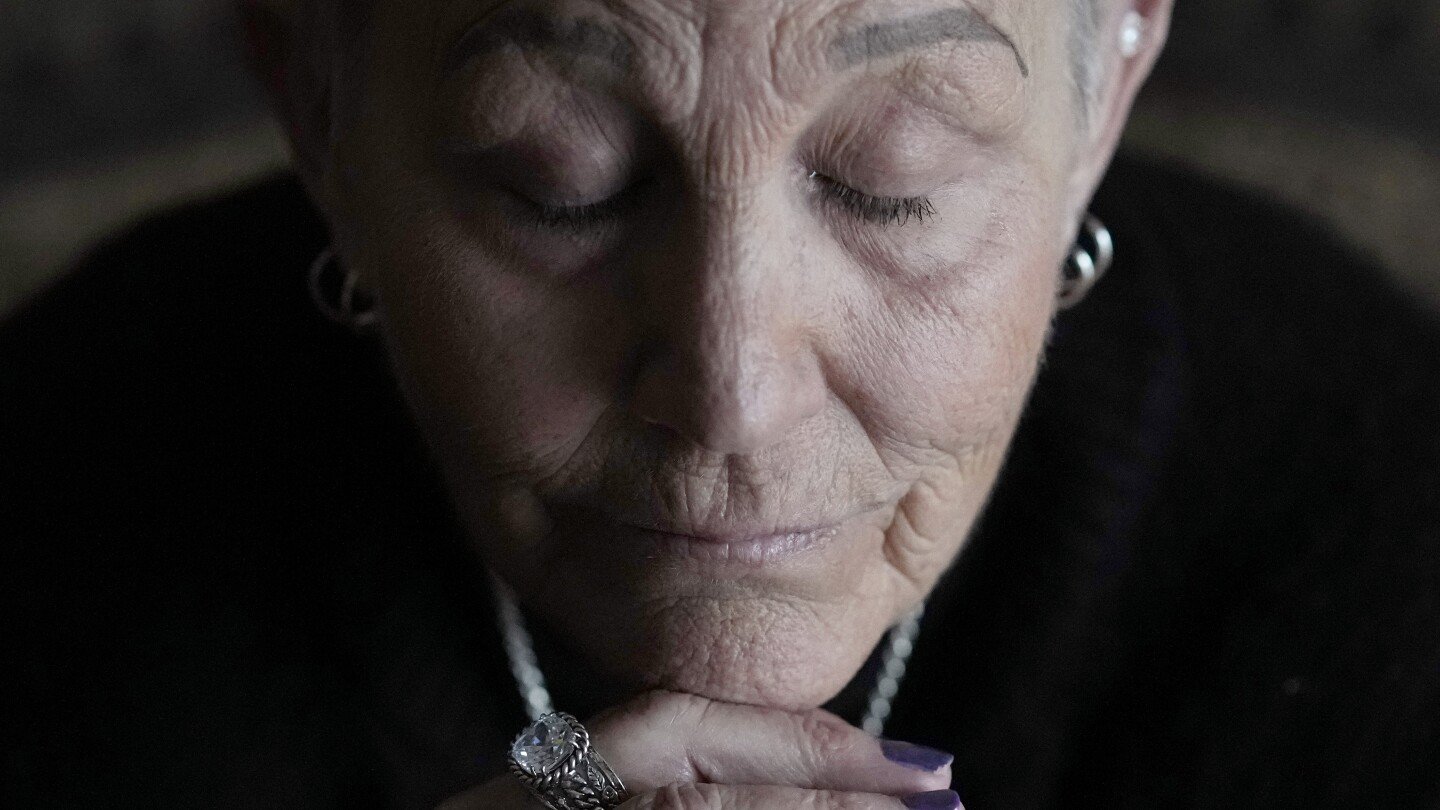On a brisk day at a restaurant outside Chicago, Deb Robertson sat with her teenage grandson to talk about her death.
She’ll probably miss his high school graduation. She declined the extended warranty on her car. Sometimes she wonders who will be at her funeral.
Those things don’t frighten her much. The 65-year-old didn’t cry when she learned two months ago that the cancerous tumors in her liver were spreading, portending a tormented death.
But later, she received a call. A bill moving through the Illinois Legislature to allow certain terminally ill patients to end their own lives with a doctor’s help had made progress.
Then she cried.
“Medical-aid in dying is not me choosing to die,” she says she told her 17-year-old grandson. “I am going to die. But it is my way of having a little bit more control over what it looks like in the end.”
That same conversation is happening beside hospital beds and around dinner tables across the country, as Americans who are nearing life’s end negotiate the terms with themselves, their families and, now, state lawmakers.



I’d probably be okay with over-the-counter availability of opiates in regulated doses, but otherwise I agree with you. Meth in particular afaik doesn’t have any medical uses that other amphetamines wouldn’t do better, so I’m with you there.
It’s borderline impossible to cure someone from an addiction they’re not ready to fight themselves. You can lock them in, but then it’s simply prison with another name. Give someone a reason and the means to live a better life and they have a better chance of making it, in my opinion.